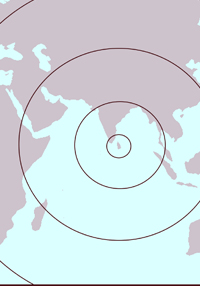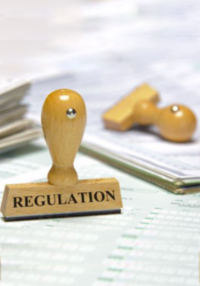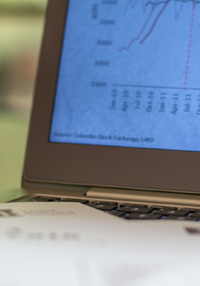The government estimates that by 2015 per capita GDP will quadruple from what it was in 2004. But this is a mirage: real incomes will not even double in that period. The mirage is created by counting in US dollars and effectively presenting nominal growth in GDP (increased prices) as real GDP growth (increased incomes).
In this Research Bulletin, we provide a detailed analysis of Sri Lanka’s trade performance during 2013 and the first quarter of 2014. The review highlights the external and internal driversthat shaped Sri Lanka’s external trade developments. The key challenges the country faces in terms of tweaking trade policy to meet the twin objectives of reducing trade deficit and increasing government revenue is discussed in detail. The analysis shows that reducing the trade deficit by curtailing imports may be feasible in the short run, but it will adversely affect government revenue and economic growth.
Variations in the tobacco excise tax affects Rs. 10s of billions in government revenue. Taxation and pricing has been inconsistent. The lack of a consistent method allows wide discretion to officials in determining the tax. Parliament should adopt a formula to keep taxation in line with national policy, treat stakeholders fairly, and prevent discretion from being abused.
The working paper was presented at the CEPA Annual Poverty Symposium held in September 2013. The education sector had witnessed an overall decline in terms of budgetary allocations, and was also subject to inequality in distribution of educational opportunities within the country. Education inequality has implications for addressing poverty alleviation and equitable development through education.
The World Bank’s ‘Doing Business Index’ measures the ease with which domestic small and medium sized enterprises to do business. Between 2011 and 2012, Sri Lanka’s rank in the Doing Business Index rose by 9 places, from 98th to 89th. However, an analysis of Sri Lanka’s rise indicates that it was mainly attributed to a jump in the strengthening investor protection category, and that the country’s rank declined or performed poorly in the remaining 9 indicators.




